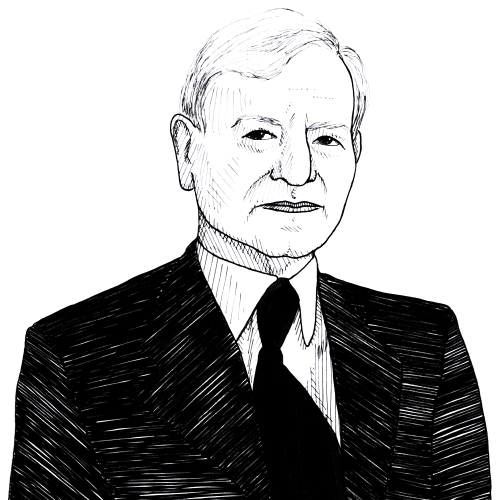Liberty Matters
How Can We Move Forward from Here?

This exchange of ideas has developed a remarkable degree of consensus. It seems that all or most contributors agree that capital is essentially a value concept. There is also assent with Ludwig Mises that terms like capital goods are misleading. His alternative suggestion of production goods is valuable.
But together we have a huge uphill task. Elsewhere I document some of the varied and even absurd use of the term capital:
- "health capital" (Grossman 1972)
- "religious capital" (Azzi and Ehrenberg 1975)
- "linguistic and cultural capital" and "symbolic capital" (Bourdieu 1977)
- "knowledge capital" (Nelson 1982)
- "reputational capital" (Veljanovski and Whelan 1983)
- "social capital" (Bourdieu 1986; Coleman 1988, 1990; Putnam 1995)
- "organizational capital" (Tomer 1987, Klein 1988)
- "academic capital" (Bourdieu 1988)
- "cultural or consumption capital" (Becker and Murphy 1988)
- "cognitive capital" (Rescher 1989)
- "symbolic capital" (Bourdieu 1990)
- "environmental capital" (Hartwick 1991)
- "self-command capital" (Lindenberg 1993)
- "personal capital" (Dei Ottati 1994, Becker 1996)
- "network capital" (Sik 1994)
- "political, social and cultural capital" (Mouzelis 1995)
- "intellectual capital" (Edvinsson and Malone 1997)
- "resource capital and institutional capital" (Oliver 1997)
- "spiritual capital" (Verter 2003)
- "individual trust capital (relational capital)" (Castelfranchi, Falcone, and Marzo 2006)
- "collective trust capital" (Castelfranchi, Falcone and Marzo 2006)
- "street capital" (Sandberg and Pedersen 2009), and even
- "erotic capital" (Hakim 2011).
(For the references see my Conceptualizing Capitalism book and an allied article [Hodgson 2014, 2015a].)
Given this burgeoning literature and so many different manifestations, one would have difficulty identifying what enduring entity is not some variety of capital. Capital has now acquired the broad meaning of a stock or reserve of anything of social or economic significance. Everything has become capital.
With capital long divested of its monetary associations, economists have made it respectable to describe any unconsumed productive resource as "capital." Now sociologists can earn academic reputations by discovering new forms of "capital." These endless terminological inventions add little to our understanding of the phenomena.
Those who follow the argument of Fetter and others are in the awkward position of agreeing with the widespread monetary-accounting view of capital, as used outside the academy, but disagreeing with the reckless proliferation of capital concepts as found in academic economics and sociology.
Can we reverse the absurd proliferation of the c-word in the academy? Not easily. It has become deeply rooted in economics since Adam Smith. But I do suggest that we keep plugging away with the more adequate monetary-accounting meaning.
Any major change in terminological usage will become more likely with the growing power of an alternative paradigm in economics and social science. The reigning paradigm in economics is based on a physicalist view of economic activity, with a concept of property based on mere possession rather than on legal rights. (Hodgson 2015a, 2015b) An alternative view of the economy would see it as a processor of information and knowledge, as Austrians such as Friedrich Hayek and others such as Thorstein Veblen emphasized. Its central metaphor would not be a machine but a living, evolving system, containing and conveying information like an organism's DNA.
Copyright and Fair Use Statement
“Liberty Matters” is the copyright of Liberty Fund, Inc. This material is put on line to further the educational goals of Liberty Fund, Inc. These essays and responses may be quoted and otherwise used under “fair use” provisions for educational and academic purposes. To reprint these essays in course booklets requires the prior permission of Liberty Fund, Inc. Please contact oll@libertyfund.org if you have any questions.